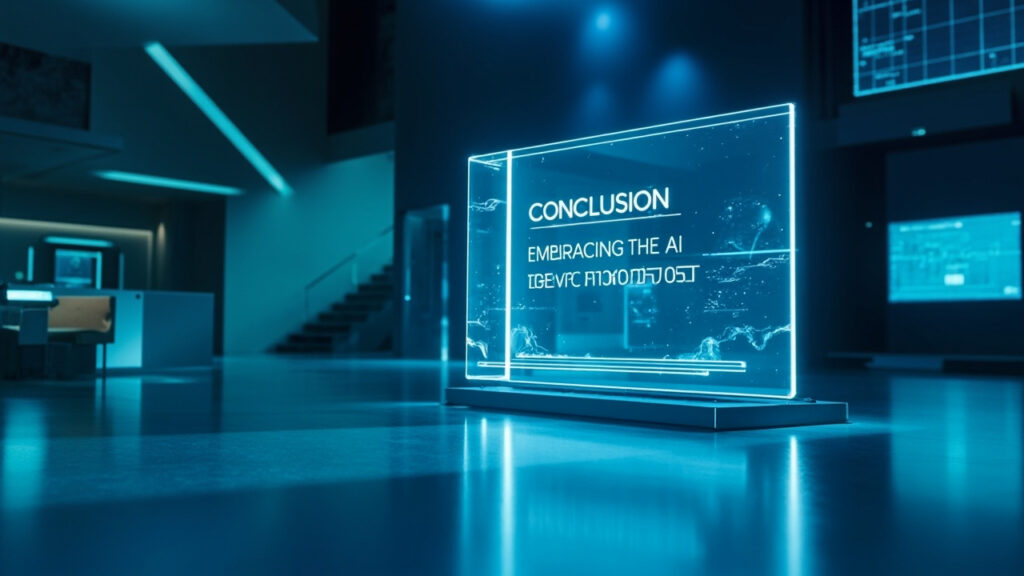In the ever-evolving landscape of software development, new challenges constantly arise, pushing the boundaries of traditional methodologies and demanding innovative solutions. As businesses strive to meet these challenges head-on, the importance of maintaining high-quality software has never been more critical. The stakes are high: a failure to adapt can lead to costly delays, unsatisfied customers, and lost revenue.
However, the complexity and pace of modern software development often outstrip the capabilities of conventional testing methods. This gap has led to an urgent need for tools that can enhance efficiency, improve accuracy, and reduce the overall time to market. In this blog post, we will explore the nature of these new challenges in software development and how cutting-edge solutions, particularly AI-driven platforms like GenQE, are revolutionizing the approach to software quality engineering.
By understanding these challenges and the innovative solutions available, software developers and project managers can better prepare themselves to meet the demands of modern development environments, ensuring that they deliver products that are not only functional but also robust and user-friendly.
Understanding the New Challenges in Software Development

The landscape of software development is influenced by rapid technological advancements and shifting market demands. Here, we delve into the specific challenges that are reshaping the industry.
Increased Complexity and Integration Needs
Software today is rarely standalone. It interacts with multiple systems, platforms, and devices. This integration is necessary for functionality but introduces complexity in testing and quality assurance. As applications become more interconnected, the potential for bugs increases exponentially. Ensuring that all components work harmoniously is a monumental task, requiring advanced tools and methodologies to manage.
Accelerated Development Cycles
The market demands speed, pushing developers to adopt Agile and DevOps methodologies. These approaches emphasize rapid iteration, which can sometimes compromise the thoroughness of traditional testing. Developers are under constant pressure to deliver new features and updates, making it challenging to allocate sufficient time for rigorous testing. This often leads to technical debt, where unresolved issues accumulate over time, posing significant risks to software stability and security.
Higher User Expectations
Users expect seamless, bug-free experiences across devices and platforms. Meeting these expectations requires comprehensive testing that covers a wide range of scenarios and environments. The diversity of user environments—from various operating systems and devices to different network conditions—makes thorough testing even more challenging. Users are quick to abandon software that doesn’t meet their standards, which can tarnish a company’s reputation and impact its bottom line.
Scaling Issues
As organizations grow, their software needs to scale efficiently. Traditional testing methods often cannot keep pace with the rapid expansion, leading to potential quality issues. Scalability is not just about handling more users; it also involves integrating new features, managing larger data sets, and maintaining performance across expanded infrastructure.
The Rise of AI in Software Quality Engineering

Artificial intelligence is setting new standards in how quality assurance is handled in software development. Let’s explore how AI is being utilized to meet modern challenges.
AI-Driven Test Automation
AI can analyze vast amounts of data from project documentation, user interactions, and past test cases to generate and optimize test cases automatically. This reduces human error and increases test coverage. For example, AI algorithms can quickly identify the most critical paths for testing by analyzing usage patterns and prioritizing those areas, ensuring that major functionalities are thoroughly tested.
Predictive Analytics and Anomaly Detection
Machine learning models can predict where bugs are most likely to occur and identify anomalies in the software before they become critical issues, allowing teams to proactively address potential defects. This capability transforms testing from a reactive task to a proactive process, significantly reducing the risk of major defects making it to production.
Enhancing Continuous Integration/Continuous Deployment (CI/CD)
AI tools integrate with CI/CD pipelines to ensure that every new code commit is automatically tested, helping teams to identify and fix bugs faster and more efficiently. This integration allows for the continuous delivery of quality software, minimizing downtime and improving user satisfaction.
How GenQE Addresses Modern Software Testing Challenges

GenQE stands out as a transformative solution in the realm of AI-driven quality engineering. Here’s how it specifically tackles the new challenges in software development.
AI-Driven Test Generation
GenQE’s capability to automate the creation of test cases directly addresses the challenge of accelerated development cycles, ensuring that testing keeps pace with frequent releases without sacrificing quality. This feature allows developers to focus more on creating value through new features rather than getting bogged down by the demands of manual testing.
Smart Test Execution and Self-Healing Automation
By prioritizing test cases based on risk and automatically adjusting to changes in the software environment, GenQE helps manage the complexity and integration needs of modern applications. Its self-healing capabilities ensure that test scripts remain effective even as the application evolves, reducing the need for manual intervention and maintenance.
Comprehensive Test Coverage and Seamless Integration
Supporting various platforms and integrating with existing tools, GenQE provides a holistic approach to testing that meets high user expectations and scaling requirements. This comprehensive coverage is essential for ensuring that applications perform well across all expected conditions and configurations.
Case Studies: GenQE in Action

To illustrate the practical benefits of GenQE, let’s examine some real-world applications of this AI-powered platform in different industry sectors.
E-commerce
An online retailer implemented GenQE to automate testing across its web and mobile platforms. The result was a 40% reduction in testing time and a significant decrease in post-release defects. The platform’s ability to simulate thousands of user interactions and identify potential breakpoints was crucial in ensuring a smooth shopping experience for all users, regardless of the device or browser used.
Healthcare
A healthcare software provider used GenQE to enhance their application’s compliance with regulatory standards. The AI-driven test generation and execution ensured that critical areas were thoroughly tested, reducing compliance risks. This was particularly important for maintaining patient data privacy and ensuring that the system could handle large volumes of user requests without performance degradation.
The Future of Software Testing with AI

Looking ahead, the integration of AI in software testing is expected to deepen, with more sophisticated tools like GenQE leading the way. This section explores future trends and how they might further transform the landscape of software quality assurance.
Predictive Test Maintenance
AI could predict which tests will likely fail in the future, allowing teams to preemptively revise or replace them, thus maintaining the robustness of the testing suite over time. This forward-looking approach could drastically reduce the time and resources spent on maintaining tests, shifting the focus to innovation and development.
Integration with Emerging Technologies
As new technologies like blockchain and IoT gain prominence, AI-driven testing platforms will need to evolve to handle these new paradigms effectively. GenQE and similar tools are expected to develop capabilities that can automatically adapt to these technologies, ensuring that software remains robust and secure even as the underlying technologies change.
Conclusion: Embracing the AI-Driven Approach

The challenges of modern software development are daunting, but they also present an opportunity to leverage new tools that can significantly enhance the efficiency and effectiveness of software testing. GenQE exemplifies the kind of innovative solution that can help organizations navigate these challenges successfully.
By adopting AI-driven platforms like GenQE, businesses can not only meet the high standards of today’s software market but also anticipate future demands, ensuring long-term success and satisfaction among users. As we continue to witness the evolution of software development, staying informed and adaptable will be key to thriving in this dynamic field.
*Explore the possibilities with GenQE and see how your software testing process can be transformed. Embrace the future of quality engineering today!*
Discover More Innovative Solutions
Want to learn more about the tools and technologies discussed in this article? Explore how these innovations can be tailored to your specific needs and workflow requirements.
Our team of experts is available to answer your questions and provide personalized insights into how modern solutions like GenQE can address your specific challenges.